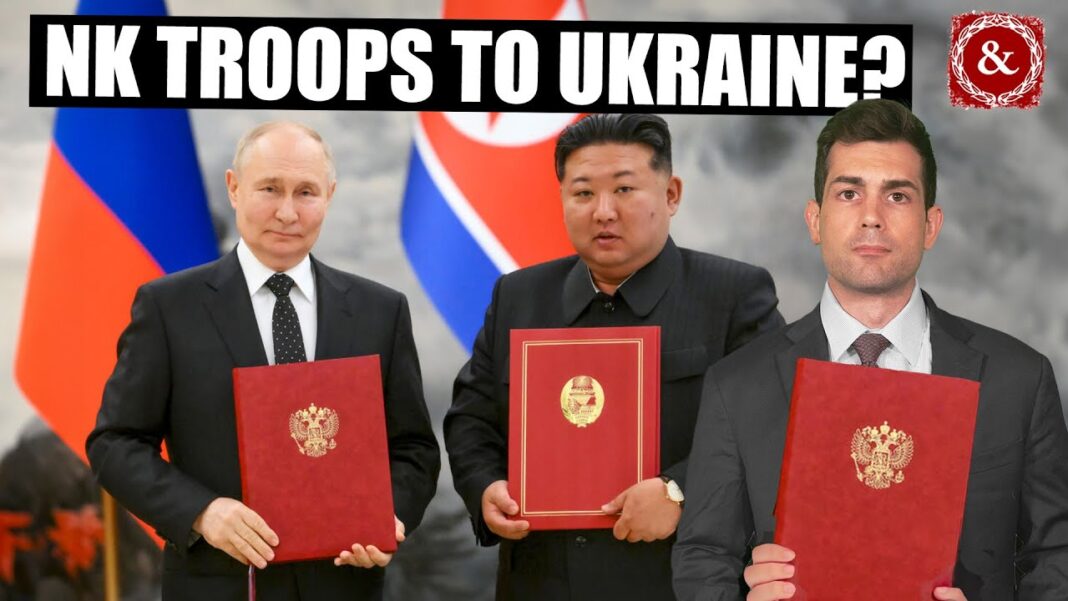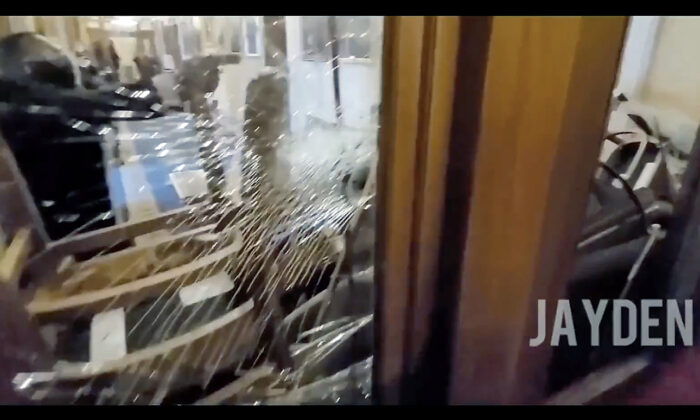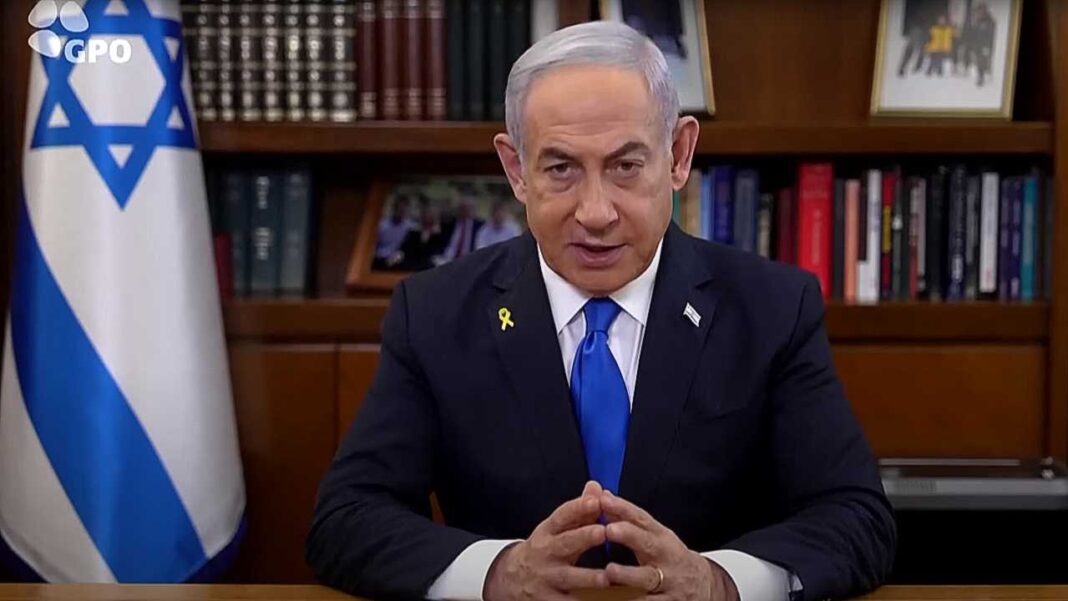North Korea’s test-firing of banned missiles and deployment of troops to Ukraine are drawing unwanted attention to Beijing and risking secondary sanctions—an outcome that the Chinese Communist Party (CCP) and Xi Jinping hope to avoid given China’s struggling economy.
The recent BRICS Summit in Kazan, Russia, highlighted emerging tensions within the anti-Western alliance of China, Russia, North Korea, and Iran. During the event, Xi notably left Russian President Vladimir Putin waiting alone before a scheduled photo session, standing in front of Russian and Chinese flags. This incident occurred as Putin aimed to demonstrate resilience against Western sanctions by hosting the summit. Xi’s actions appeared to underscore China’s dominant position in their bilateral relationship. This display of hierarchy may be linked to Beijing’s concerns over the strengthening ties between Pyongyang and Moscow, which could undermine the CCP’s influence over North Korea.
In recent developments, North Korea has deployed about 11,000 soldiers to Russia, with some already coming under fire from Ukrainian forces. The U.S. State Department anticipates that these troops may soon participate directly in the conflict in Ukraine. Earlier this year, Russia and North Korea enhanced their bilateral relations, with Pyongyang supplying munitions to Moscow in deals that contravene a United Nations’ arms embargo. China, serving as the primary economic supporter of both North Korea and Russia, is generally presumed to be consulted before either nation undertakes significant foreign policy actions. However, it remains uncertain whether the CCP approved North Korea’s munitions sales to Russia or the subsequent strengthening of their military cooperation.
North Korea’s deepening ties with Russia appear to be a strategic move to lessen the former’s dependence on China, thereby reducing Beijing’s influence over Pyongyang. This burgeoning partnership could enhance North Korea’s nuclear weapons program, potentially through Russian support for its missile development. Additionally, North Korea may be seeking Russian military commitments in the event of a conflict on the Korean Peninsula. The 2024 Russia–North Korea mutual defense agreement suggests that, regardless of China’s stance on such a conflict, North Korea may anticipate Russian military assistance. North Korea is obviously hedging its alliance with China.
Since World War II, and especially since the collapse of the Soviet Union, North Korea has had little choice but to maintain strong ties with China. This relationship has allowed the CCP to exert some control over Kim Jong Un’s missile program, although Beijing ultimately failed to prevent North Korea from acquiring nuclear weapons—a development even the CCP likely saw as counter to its interests. Now, however, Moscow seems to be offering Pyongyang an alternative partner, and North Korea’s growing alignment with Russia may be creating headaches for Xi and the CCP at an inconvenient time.








